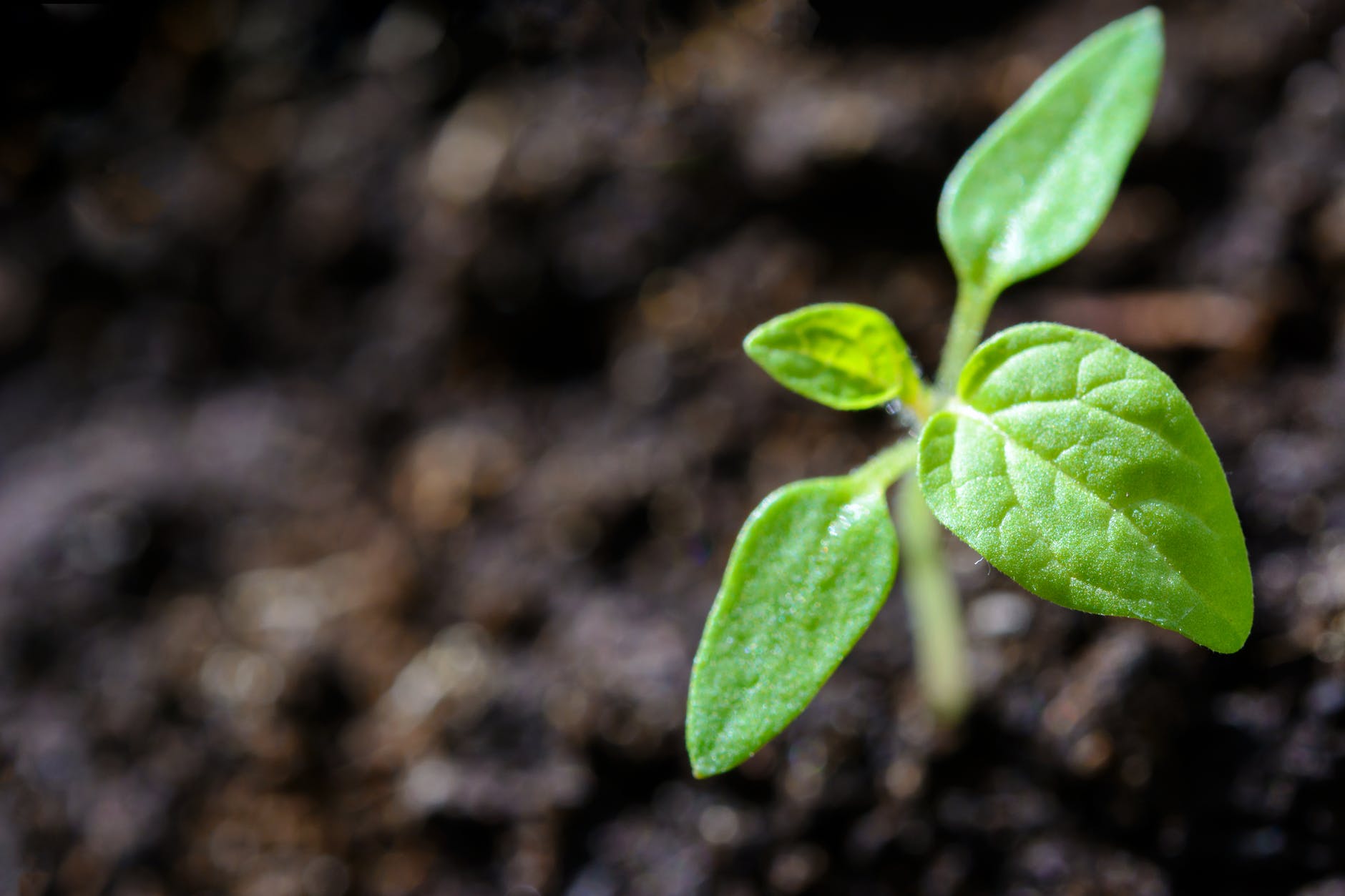Plant nutrition is a hard topic to understand without prior botanical and agricultural studies. The need, surplus, lack and use of nutrients in plants differ from plant to plant owing to their physiological and geographical needs. But, it is of eminent importance to understand the basics of the role nutrients play in a plant or crop’s life and growth. Let’s take an example; we all know the importance of a balanced diet in our lives. Our mothers are always after our lives making sure we eat vegetables as they help in mental and physical growth as well as well being. Similarly, plants too need a balanced diet full of nutrients to grow properly and to be full of nourishing elements that we need.
Apart from favourable weather conditions, fulfilment of water requirements and protection from infections, insects and pests, plants also need all the essential macro and micro nutrients for normal functioning and growth. These macronutrients and micronutrients along with other tertiary nutrients are required to maintain plant health and strengthen its immunity so it survives unfavourable conditions with ease.
Nitrogen, phosphorous and potassium are considered to be primary/macronutrients. They are needed in large amounts compared to other nutrients. Nitrogen is responsible for making the plant chlorophyll rich and succulent as well promote its vegetative growth. Phosphorous stimulates root development, hastens ripening of plants, improves the quality of the yield and increases disease resistance. It also balances out the effects of excess nitrogen. Lastly, potassium promotes efficiency in starch and sugar manufacturing in the leaves, helps in reducing lodging and increases disease resistance too.
Micronutrients are like calcium, magnesium and sulphur too stimulate root growth, seed formation and nodule formation. Magnesium especially helps in uptake and regulation of other nutrients. Other nutrients like iron, manganese, zinc, copper, boron, molybdenum and chlorine are essential for formation of chlorophyll, photosynthesis, activating respiration, up take, absorption and fixation of other nutrients as well as metabolic reactions. However, both micronutrients and other nutrients are required in comparatively smaller amounts.
Simple lack of proper soil care or plant nutrition can badly affect plant yield and growth. If the plants aren’t getting the required amount of nutrients, they will fail to thrive or survive. They will have a stunted growth, deformities, discoloration and may even die because of this deficiency. Moreover, complete crop failure at the seedling stage, abnormal maturity and abnormalities in tissues as well poor quality of crop with negligible starch and protein content can also stem from nutrition deficiency at the sowing and growing stages.
To maintain the health, nutrient content and yield of any plant, it is thus very important to make note of what nutrients it needs or is lacking in. There are three basic tools for diagnosing nutrient deficiencies:
- Soil Testing
- Plant Analysis and
- Visual observation of the field and the plant
These methods are quantitative as well qualitative in nature as one is both depending on visual as well as empirical cue to check for deficiencies in their plants. A proper soil and plant tissue sampling program in fruit and vegetables is important to manage plant nutrition. Moreover, soil fertility also promotes and inhibits the growth of the plant. If the soil on which one is growing plant is cropped regularly, it is essential to maintain its fertility through the addition of fertiliser.
The use of fertilisers full of the required nutrients during the sowing and growth period of a plant is highly recommended. Fertilisers enrich the soil and thus, help to promote vigorous growth of the plant and increase as well as sustain yield.
